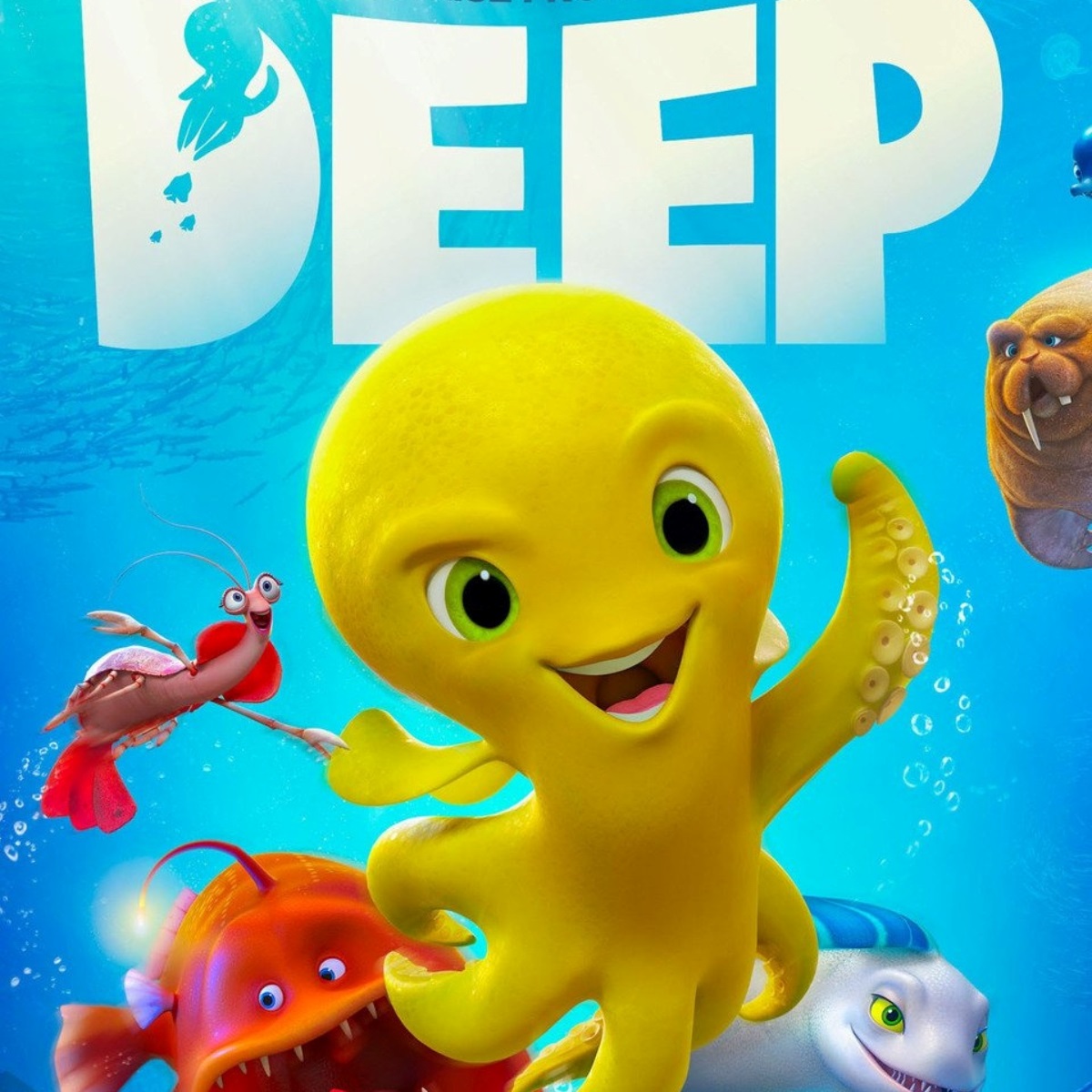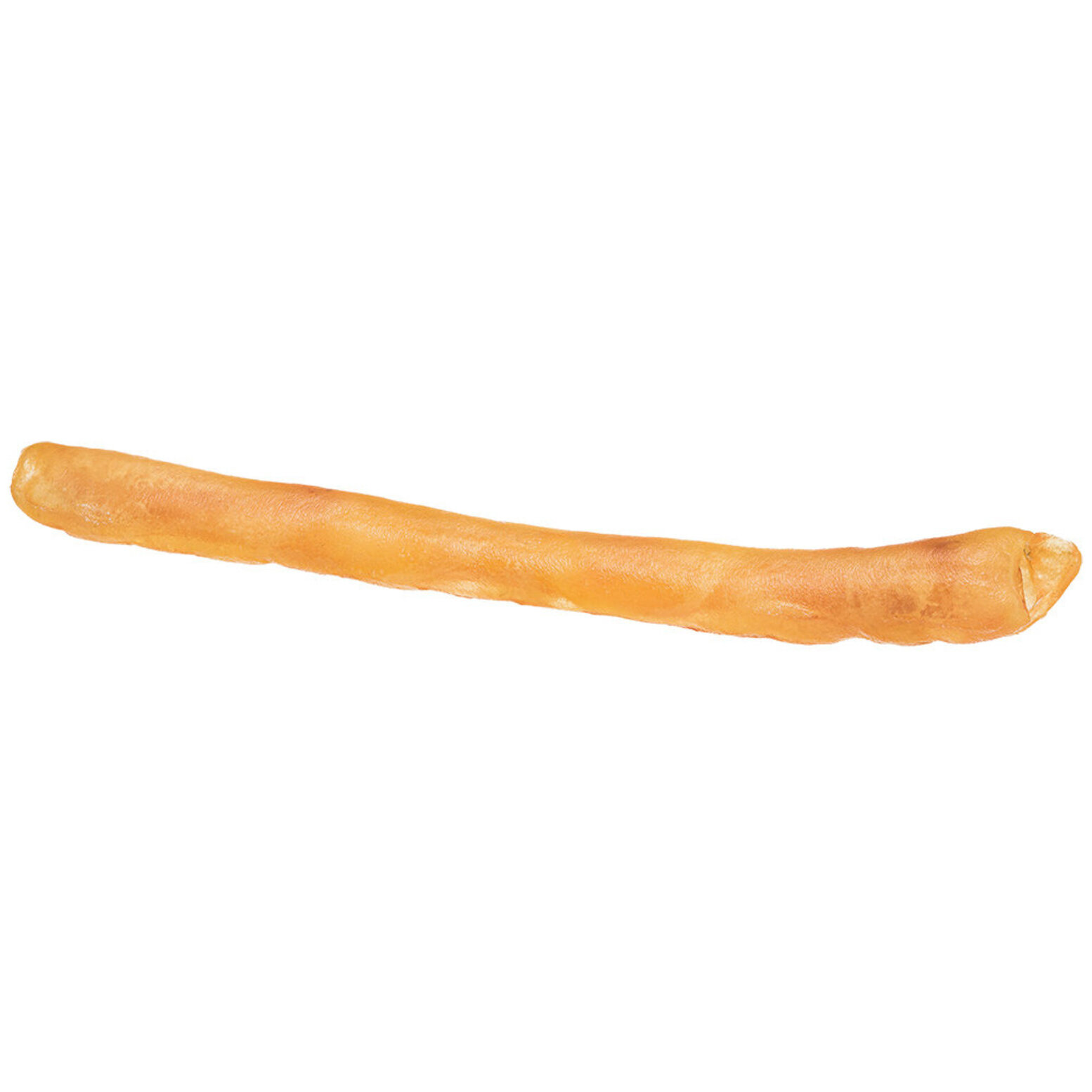
Deep in the realms of the ocean resides a fascinating creature that has captured the imagination of many: the octopus. With its eight arms, intelligent mind, and mysterious nature, the octopus is a captivating creature that has become an iconic symbol in the realm of cartoon characters.
In this article, we delve into the world of octopuses through the lens of cartoon characters. We will uncover 23 interesting facts about these amazing creatures that have been brought to life in the world of animation. From their unique abilities to their incredible intelligence, cartoon octopuses have enthralled audiences of all ages.
Get ready to dive into the deep sea of knowledge, as we explore the delightful world of cartoon octopus characters and uncover the secrets behind their charm and popularity.
Key Takeaways:
- Octopuses are incredibly intelligent and adaptable creatures, capable of problem-solving, changing their appearance, and even using tools to survive in their underwater world.
- With their unique abilities like camouflage, problem-solving, and parental care, octopuses continue to fascinate scientists and nature enthusiasts, showcasing their extraordinary skills for survival in the deep sea.
Octopuses are incredibly intelligent creatures.
These amazing aquatic creatures have a highly developed nervous system, making them capable of problem-solving and learning complex tasks. Octopuses have been known to exhibit clever behavior like opening jars and solving puzzles.
Octopuses have fascinating camouflage abilities.
One of the most remarkable features of octopuses is their ability to change the color and pattern of their skin, allowing them to blend seamlessly with their surroundings. They can quickly adapt their appearance to mimic the color and texture of rocks, coral reefs, and even other marine animals.
Octopuses have three hearts.
Unlike humans, who have just one heart, octopuses possess three hearts. Two of these hearts are dedicated to pumping blood to their gills, while the third heart pumps oxygenated blood throughout their body.
Octopuses have a unique form of communication.
While octopuses don’t have vocal cords, they are skilled in using visual signals and special skin colorations to communicate with each other. They can change their skin texture and even create pulsating displays to convey messages or intimidate predators.
Octopuses are master escape artists.
Thanks to their remarkable problem-solving skills and flexible bodies, octopuses are experts at escaping from seemingly secure enclosures. They can squeeze through tiny openings and even use their suckers to manipulate objects and unlock latches.
Octopuses have a beak-like mouth.
Located at the center of their tentacles, octopuses possess a sharp, parrot-like beak that they use to bite and tear apart their prey. This beak is made of hard, chitinous material and is the only hard part of their body.
Octopuses have excellent eyesight.
Octopuses have highly advanced eyes with excellent depth perception and the ability to detect polarized light. This allows them to have exceptional vision both in daylight and extremely low-light conditions.
Octopuses have no skeleton.
Unlike other sea creatures, octopuses don’t have a rigid skeleton. Their bodies are incredibly flexible, allowing them to squeeze into tight spaces and contort their bodies in various shapes.
Octopuses are masters of disguise.
Octopuses can not only change their color and texture but also alter the shape of their bodies to mimic other objects or animals. This incredible ability helps them avoid predators or ambush prey.
Octopuses are solitary creatures.
Octopuses are generally solitary and prefer to live alone, only coming together for mating purposes. They are known for their territorial behavior and tend to have large home ranges.
Octopuses have a short lifespan.
On average, octopuses live for around 1 to 2 years. However, some species, such as the giant Pacific octopus, can live up to 5 years or even longer in captivity.
Octopuses are great problem solvers.
Octopuses have been observed using tools and finding creative solutions to challenges. In laboratory experiments, they have been seen using coconut shells and even opening jars to retrieve food.
Octopuses are skilled hunters.
These fascinating creatures have a wide-ranging diet and are skilled predators. They use their tentacles and suction cups to capture and hold their prey, and their beak-like mouth helps them consume it.
Octopuses can regenerate limbs.
If an octopus loses a tentacle, it has the ability to regenerate it. This incredible regenerative power allows them to regrow their lost limbs to a functional state.
Octopuses have a complex reproductive process.
Mating in octopuses involves a complex courtship ritual, during which the male transfers a specialized arm called a hectocotylus into the female’s mantle cavity to deliver sperm. After mating, the female lays thousands of eggs, which she guards and cares for until they hatch.
Octopuses have incredible strength.
Despite their soft bodies, octopuses are incredibly strong. They can use their muscular arms to exert considerable force and even manipulate objects with precision.
Octopuses can squeeze through small openings.
Due to their flexible bodies and lack of a rigid skeleton, octopuses can squeeze through surprisingly small openings, sometimes even as small as a coin. This allows them to access hidden or hard-to-reach places.
Octopuses have an excellent sense of taste.
Octopuses possess taste receptors not just in their mouths but also on their tentacles. This enables them to taste and explore their surroundings, helping them identify potential prey or recognizing familiar environments.
Octopuses are exceptional problem solvers.
Whether it’s navigating through mazes, unscrewing jar lids, or opening complex locks, octopuses have demonstrated remarkable problem-solving skills in various experiments, further highlighting their incredible intelligence.
Octopuses can change the texture of their skin.
In addition to changing color, octopuses can alter the texture of their skin to match their surroundings. This allows them to blend in seamlessly with their environment, further enhancing their camouflage abilities.
Octopuses have venomous bites.
While most octopuses are not dangerous to humans, some species do possess venomous bites. Typically, their venom is used to immobilize and subdue their prey.
Octopuses have an incredible escape mechanism.
When threatened, an octopus can release a cloud of ink to confuse predators and create a diversion. This ink cloud masks the octopus’s movements, allowing it to swiftly escape to safety.
Octopuses exhibit fascinating parental care.
After females lay their eggs, they tirelessly guard them, often going without food during the incubation period. They gently fan and clean the eggs to ensure proper oxygenation and protect them from potential harm.
Conclusion
In conclusion, the octopus is a fascinating creature from the depths of the ocean. With its ability to change color and shape, its incredible intelligence, and its unique hunting techniques, the octopus truly embodies the wonders of the deep.Understanding these 23 facts about octopuses gives us a glimpse into their extraordinary characteristics and behavior. From their multiple hearts and flexible bodies to their impressive problem-solving skills and impressive camouflage abilities, octopuses are truly remarkable creatures.With their unique adaptations and traits, octopuses have captivated the interest of researchers and nature enthusiasts around the world. Through further study and exploration, we can continue to unravel the mysteries of these elusive creatures and gain a deeper appreciation for their role in the marine ecosystem.Whether you’re a fan of marine life or simply intrigued by the wonders of nature, the octopus is a creature that continues to fascinate and inspire us. So take a moment to appreciate these magnificent creatures and the incredible world they inhabit beneath the waves.
FAQs
1. How many species of octopus are there?
There are approximately 300 known species of octopus.
2. How do octopuses change color?
Octopuses change color through specialized skin cells called chromatophores, which contain pigments that can expand and contract, allowing them to create a wide range of colors and patterns.
3. Do octopuses have bones?
No, octopuses do not have bones. They have a soft body that allows them to squeeze through tight spaces and escape from predators.
4. How long can octopuses live?
Octopuses have varying lifespans depending on the species, but most typically live for 1 to 2 years. However, some larger species can live up to 5 years or more.
5. Can octopuses communicate?
Octopuses are known to use a variety of visual signals, body movements, and color changes to communicate with each other and their environment.
6. Are octopuses intelligent?
Yes, octopuses are highly intelligent creatures. They have been observed using tools, solving puzzles, and exhibiting complex problem-solving skills.
7. How do octopuses hunt?
Octopuses are skilled hunters and use a variety of techniques to catch their prey, including camouflage, ambush tactics, and even squirting ink to confuse predators.
8. Can octopuses regenerate their limbs?
Yes, octopuses have the ability to regenerate lost limbs. This remarkable feature allows them to recover from injuries or escape from predators.
9. How many hearts do octopuses have?
Octopuses have three hearts. Two of the hearts pump blood to the gills, while the third heart circulates oxygenated blood throughout the body.
10. Are octopuses social creatures?
Most octopuses are solitary creatures and prefer to live alone. However, there are a few species that exhibit social behavior and can be found in small groups.
Was this page helpful?
Our commitment to delivering trustworthy and engaging content is at the heart of what we do. Each fact on our site is contributed by real users like you, bringing a wealth of diverse insights and information. To ensure the highest standards of accuracy and reliability, our dedicated editors meticulously review each submission. This process guarantees that the facts we share are not only fascinating but also credible. Trust in our commitment to quality and authenticity as you explore and learn with us.


